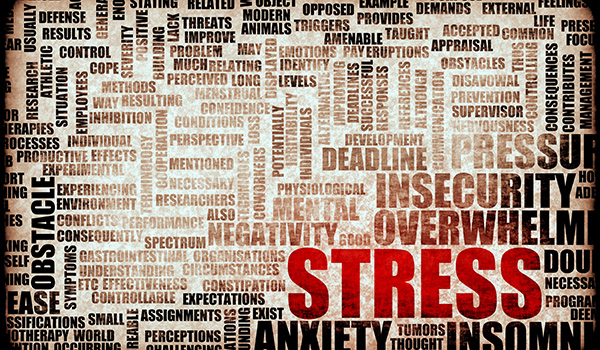
We get it. Life is hard. Between family, friends, finances and an assortment of personal issues, it’s easy to get bogged down in the everyday struggles of life and let other problems seep into your work day. While we can’t make all your worries go away, we can strive to make it easier for you to cope with them and keep them from affecting your professional life. After all, the more distracted you are, the less productive you’ll be at work. Here are several ways that you can improve your coping skills, reduce stress and take control of your life:
Focus on Problem Solving
Instead of focusing on your woes, brainstorm ways to fix the problem. Wallowing in self-pity only causes you more grief while taking steps to solve it will set you on the path to feeling better. If you know what is bothering you, you should find a way to make it more tolerable.
Take a Deep Breath
Don’t let your emotions get the best of you and take a moment to reflect before acting out of anger or frustration. Breathe deeply through your nose to calm the anxiety that you may be feeling.
Be Optimistic
Try to find the positive side of a negative event that has happened to you. Smile, laugh and try to forget your worries or at least find the silver lining. If you can’t find the humor in your particular situation, look for it elsewhere, like in funny internet videos. You’ll be amazed how much better you feel just by trying to be happy.
Seek Support
There’s no shame in asking for help. Talking to a trusted family member, friend or even a therapist can drastically help improve your ability to cope with life’s challenges. It’s helpful to be able to talk through your problems and even get feedback regarding how you can make positive changes.
Let Go of Anger
Learn to forgive and move past hurtful situations. Holding on to resentment won’t make you feel better and will likely make you feel worse.
Avoid Unhealthy Habits
While it may seek like an easy solution to turn to alcohol or drugs to numb the pain, it’s just a temporary band-aid that can quickly spiral out of control and end up doing far more harm than good. These addictive habits have a tendency to wreak havoc on both your personal and professional life in the long run.
Get Active
Exercise has been found to positively affect the brain’s chemistry by releasing endorphins, which makes you feel better naturally. From running to yoga to team sports, physical activity is a great way to deal with stress and release tension. Even just taking a break and going for a stroll through your neighborhood can help you improve your mood.
Find a New Hobby
Channel your feelings into a creative hobby, like art, music or dance. Keeping a journal is another positive way to let your thoughts and emotions out, which can help you to process them.
Meditate
Take some time to yourself and focus on how you are feeling and why you are feeling like this. A few minutes of self-reflection can help you shine light onto your problems and perhaps let you see things from a new perspective.
Be Grateful
Instead of thinking about what you don’t have, be grateful for what you do. Think of three things every day that make your life better or that you’re thankful for.
Bettering your Coping Skills to Reduce Lost Productivity
We hope you consider some of these coping skills options the next time you’re feeling overwhelmed by life’s many challenges. By managing stress in the outside world, you’ll be able to create a healthy work-life balance that allows you to be both productive and happy while on the job and on your own personal time.

